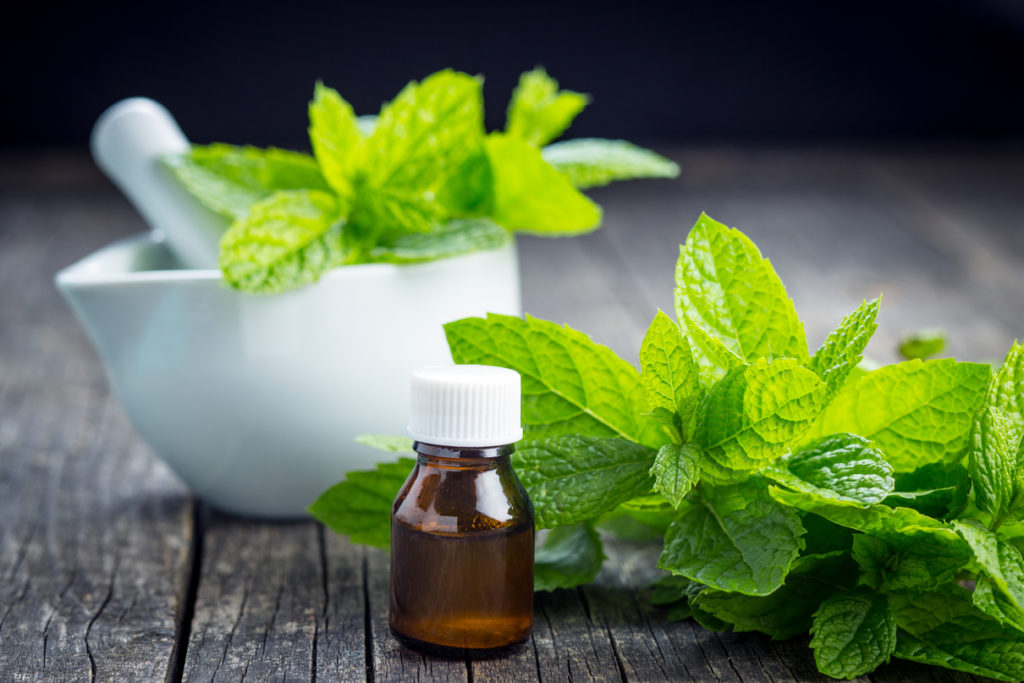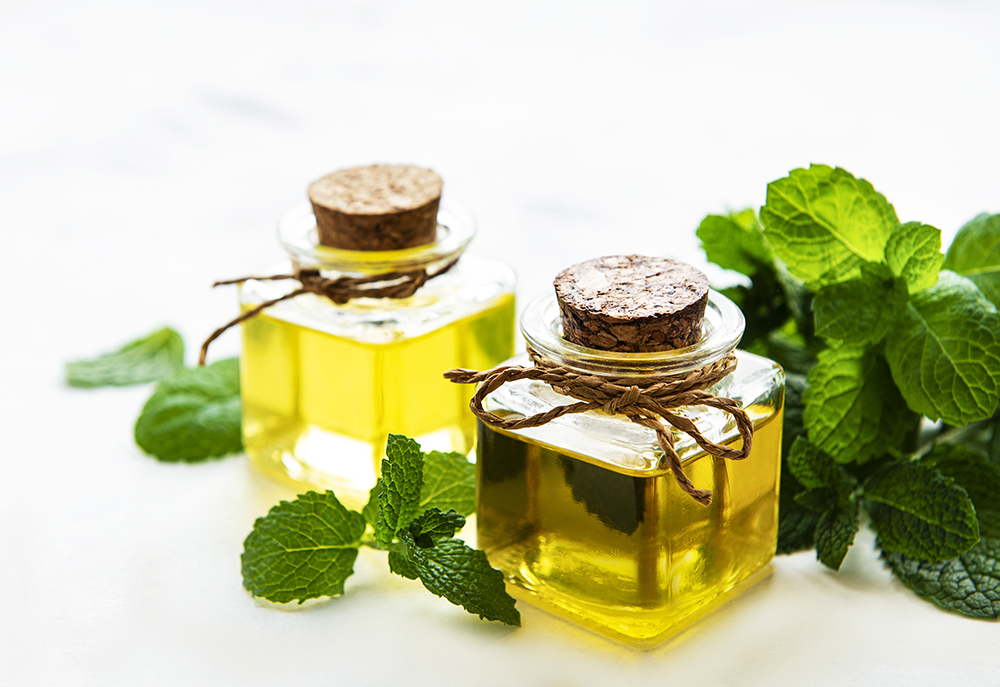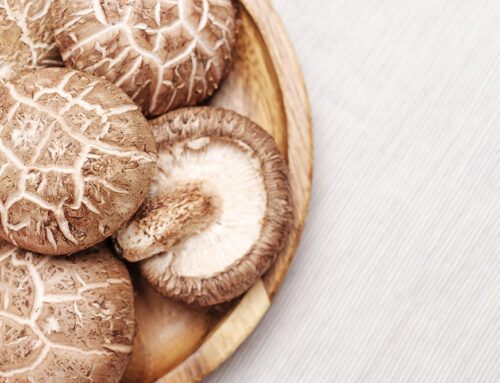Peppermint oil is a multi-faceted product that has a wide range of use.
It has many uses and benefits that have been known for centuries. Pure peppermint oil can be used aromatically, topically, or ingested. With its refreshing scent and invigorating properties, it is no wonder that peppermint oil is one of the most popular and widely used. It has even become a favorite nowadays because of its many health benefits among the many essential oils in the market.
Research suggests that, because of peppermint’s oil antiseptic and antibacterial properties, it is often used as an ingredient in so many consumer products for the skin, digestive supplements, and topical ointments to relieve pain.
This blog post will discuss peppermint oil in detail, including its history, benefits, and risks.
What is Peppermint Oil?
Peppermint Essential oil is a distilled essential oil extracted from the peppermint plant’s leaves. The peppermint plant is an aromatic herb in the mint family. It is a perennial plant that grows to about three feet tall with dark green leaves and purple oil, which has a refreshing and cooling scent that is very calming and uplifting.
The main chemical components of peppermint oil are menthol. Because of the high menthol content, it gives a distinct smell and taste. The oil also contains menthone, pulegone, and iso menthone.
History of Peppermint Oil

Cultivated peppermint has its roots in 18th century England where it was first used for medicinal purposes. Ancient Egyptians used the peppermint plant earlier as a cure for indigestion. Some ancient Roman texts also tell us peppermint was also used as a tool for extermination along with other mint plants such as water mint and spearmint.
People would chew on peppermint leaves during medieval times to freshen their breath.
Since then, the uses of the peppermint plant or peppermint extract evolved into the versatile and ever practical, multi-faceted peppermint essential oil product that it is today.
Health Benefits of Peppermint Oil & Peppermint Oil Uses
Peppermint Oil or peppermint extract has been used as a medicinal herb and is now one of the most popular essential oils, along with lavender oil and tea tree oil.
Some of the most common benefits and uses of peppermint oil include the following:
Invigorate the Body & Mind
When applied topically or aromatically, Peppermint oil can help invigorate the body and mind. It is a refreshing and energizing oil that can help to improve concentration and cognitive function.
In addition, the cooling and refreshing scent of peppermint oil can help calm the senses and promote relaxation.
Soothes Irritated Skin
Peppermint oil has a calming and cooling effect on the skin. When used or applied topically, it can help soothe sunburns, rashes, itching, and other skin irritations.
This is because menthol, the main chemical component of peppermint oil, has a cooling and analgesic effect on the skin.
Reduces Stress and Anxiety
Because of its cooling sensation properties, a few drops of peppermint essential oil, along with other essential oils, can calm and soothe the mind, providing a sense of relaxation and peace.
Diffusing it with lavender essential oil can help lower stress levels and promote a sense of calm.
Relieves Muscle Pain & Promote Good Blood Flow
Because of the pain-relieving properties of peppermint oil, the menthol in the oil works as a natural muscle relaxant. It is often used in massage therapy to improve blood circulation and relieve muscle pain and tension.
Peppermint essential oil is also effective in treating joint pain, cramps, and headaches.
Helps with Digestion & Reduce Abdominal Pain

Peppermint oil has long been used as a natural remedy for digestive problems such as indigestion, upset stomach, diarrhea, and even irritable bowel syndrome because of the carminative properties that help to expel it.
Research shows that combining it with caraway oil can help to improve the symptoms of indigestion.
In addition, peppermint oil can help to reduce abdominal pain due to its antispasmodic properties.
Relieves Nausea and Vomiting
Inhaling, applying, or diffusing peppermint oil can help relieve nausea and vomiting associated with motion sickness.
In fact, peppermint oil’s ability to calm and soothe the stomach is one of its most beneficial properties.
Improves Respiratory Function
Taking peppermint oil or applying it to the chest can help clear congestion and improve respiratory function by opening up airways.
The menthol in peppermint oil also has an anti-inflammatory effect on the respiratory system and can help treat asthma, bronchitis, and other respiratory conditions.
Reduces Fever
The cooling sensation of topical peppermint oil helps to reduce fever.
It is also beneficial in bringing down the body temperature for people who have a fever due to infections.
Stimulates Hair Growth
Research suggests that adding peppermint oil or peppermint extract to hair helps prevent hair loss. It can stimulate hair growth as it improves blood circulation of the scalp.
Plus, it gives a refreshing and cooling sensation to the scalp.
Adds flavors to food
Peppermint oil’s menthol components and aroma make it a good and inviting flavor additive for food and beverages. The oil is also a flavoring agent in toothpaste, mouthwash, and chewing gum.
How to Use Peppermint Essential Oil
There are a few ways to use peppermint oil. This oil can be found in many forms, such as dietary supplements, massage oils, lotions, and soaps.
If you decide to use pure peppermint essential oil, you can use it in a variety of ways:
Inhalation
Inhaling peppermint oil can be directly from the bottle or added to a diffuser with other essential oils. You can also add a few drops of this oil to the palm of your hands and rub them together, then cup your hands over your nose and mouth to inhale peppermint oil vapor.
Diffusion
Studies suggest that peppermint oil aromatherapy is an effective way to improve cognitive function and memory.
The menthol in peppermint oil is also a powerful decongestant, so diffusing it can help clear the sinuses and respiratory passages. It can also remove tension headaches and improve concentration.
Topical Application
Peppermint oil can be applied topically by diluting it with a carrier oil such as coconut oil, almond oil, or olive oil. Add a few drops of Peppermint oil to your fingertips, and then rub your temples to relieve headaches.
You can also put a few drops in your massage oil to help relieve muscle pain and tension.
Added to Bathwater

Adding a few drops of peppermint oil and blending it with other essential oils to your bathtub can help you relax and enjoy the cooling sensation it provides. This is a great way to enjoy the oil’s benefits and help freshen up a room.
Ingested Internally as Dietary Supplement
Peppermint oil can be digested internally by adding a few drops of food-grade peppermint oil to water, tea, or added to a dietary supplement but only under the supervision and guidance of a medical practitioner.
Doctors don’t recommend ingesting essential oils since they are highly concentrated and toxic if taken in large doses.
Risks in Using Peppermint Oil
Some people may experience skin irritation when applying peppermint oil topically, so it is best to do a test patch before using it on a large area.
Allergic Reaction & Skin Irritation
Peppermint oil should be used with caution as one may experience allergic reactions.
In addition, peppermint oil can cause skin irritation, so be sure to dilute it with a carrier oil before applying it topically.
Pregnant & Nursing Women
While peppermint essential oil is generally safe to use, pregnant and nursing women should avoid its use until more is known about its effects.
Drug Interaction
Peppermint oil may also interact with medications like warfarin and cause excessive bleeding, so it is best to speak with a healthcare provider before use.
Like any other essential oil, be careful not to ingest peppermint oil more than the recommended dosage. Though enteric-coated peppermint oil appears safe when taken by mouth at safe doses, healthcare professionals do not recommend ingesting oils as some pure essential oils can be so concentrated and toxic.
Peppermint oil should also not be used as a substitute for standard care in any situation.
Final Thoughts

The benefit of mint oil, such as peppermint oil, is vast. With just a few drops, one can enjoy the cooling sensation and refreshing smell. It can also help relieve headaches, muscle pain, respiratory problems, and tension.
As with any other essential oils, be sure to use caution when ingesting peppermint oil and void using it if pregnant or nursing. It’s also crucial to speak with a healthcare provider before using peppermint oil if you take any medications.
Enjoy the benefits of peppermint oil in various ways and get relief from various ailments!
Note: This blog post is not intended to diagnose, treat, cure, or prevent any disease. Always consult a medical professional before using essential oils.







Leave A Comment